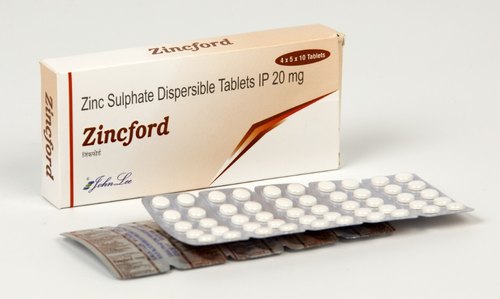finrest
Introduction to finrest
Finrest is a medication available in tablet form primarily used to treat male pattern baldness and benign prostatic hyperplasia (BPH). Finrest contains the active ingredient Finasteride, which helps in slowing hair loss and reducing prostate size.
Composition of finrest
Finrest contains Finasteride as its active ingredient. Finasteride works by inhibiting the enzyme 5-alpha reductase, which is responsible for converting testosterone into dihydrotestosterone (DHT). DHT is a hormone that contributes to hair loss and prostate enlargement.
Uses of finrest
- Treatment of male pattern baldness
- Management of benign prostatic hyperplasia (BPH)
Side effects of finrest
- Common side effects: Decreased libido, erectile dysfunction, ejaculation disorders
- Serious side effects: Allergic reactions, breast tenderness or enlargement, testicular pain
Precautions of finrest
Finrest can cause birth defects, so women who are pregnant or may become pregnant should not handle crushed or broken tablets. It is also contraindicated in individuals with known hypersensitivity to Finasteride or any of its components.
How to Take finrest
Finrest is typically taken as a daily tablet, with or without food. The usual dose for hair loss is 1 mg per day, while for BPH, it is generally 5 mg per day. Always follow your doctor's specific dosage instructions.
Conclusion of finrest
Finrest, containing the active ingredient Finasteride, belongs to the therapeutic class of 5-alpha reductase inhibitors. It is primarily used for treating male pattern baldness and benign prostatic hyperplasia. Manufactured by leading pharmaceutical companies, finrest is a key medication for managing these conditions. Always consult your healthcare provider for personalized advice and follow their instructions for optimal results.

Similar Medicines
More medicines by Johnlee Pharmaceuticals Pvt Ltd
Available in 2 variations

strip of 10 tablets

Finrest 5mg Tablet
strip of 10 tablets
Disclaimer : This information is not a substitute for medical advice. Consult your healthcare provider before making any changes to your treatment . Do not ignore or delay professional medical advice based on anything you have seen or read on Medwiki.
finrest
Prescription Required
Manufacturer :
Johnlee Pharmaceuticals Pvt LtdComposition :
finasteride











.svg)
